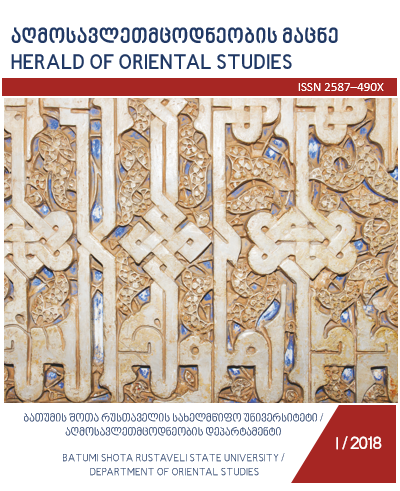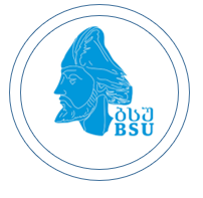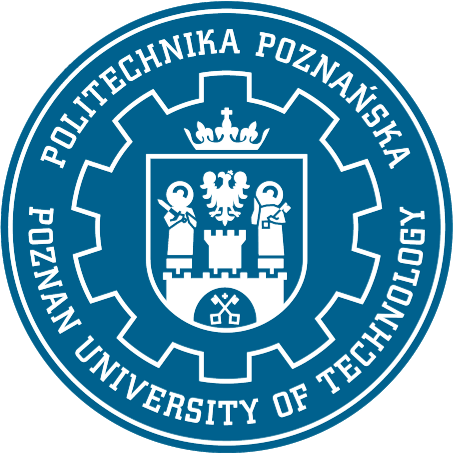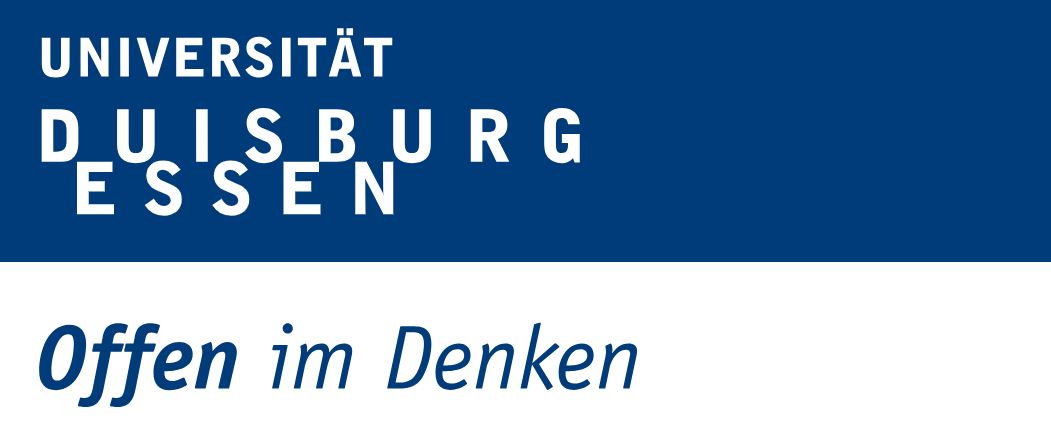Turkish – USA Relations in 2016 - 2017
DOI:
https://doi.org/10.61671/hos.1.2018.2806Keywords:
Turkish – USA RelationsAbstract
The US - Turkish relations are more important, more difficult and simultaneously less predictable in the modern stage than before. Today the relationship between the two countries is characterized by prevailing uncertainty, which is caused by the following circumstances:
1.the political views of Turkey-the USA on the ways and methods of such conflict resolutions as, for example, the Cypriot conflict, or contradictions existing between Greece - Turkey and Turkey – Armenia;
2. Turkey has shown that it will not support the US on the issue with Syria, as well as the war in Iraq and the Kurdish conflict;
3. Turkey tries to implement a foreign policy independent fromWashington.
Nevertheless, the interests of the United States and Turkey are very close to each other or just coincide. Geenerally, the Turkish-US cooperation is based on the following:
1. It should become the force restraining Russian and Iranian geopolitical ambitions in the region, what is unanimously recognized by the Turkish elite;
2. Ankara is interested in participating in the development of European Defence System.It strives to become a full-fledged member of the EU and it is greatly supported by the US;
3. The US-made weapon comprises 80 percent of Turkey's military arsenal, what indicates to a close cooperation of these countries in this field;
4. By cooperating with America Turkey tries to ensure successful implementation of such big projects as "Baku-Ceyhan", at the same time it strives to increase its influence on the region between the Black Sea and the Caspian Sea, which is quiet rich with energy deposits;
5. Turkey is ready to install the US missile defense system on its territory, as it will not only provide additional resources in the country and increase its military security, but also strengthen its importance in the region.
Assessing Turkish-American relations, it is better to mention the term "strategic partnership". For example, since 2002 Turkey has been trying to conduct "zero problem with neighbors" policy and in this context it took steps of friendship and economic cooperation towards Syria and Iran, to which America is not so well-disposed.These steps do not exclude a strategic partnership, but in 2003 Turkey did not allow the US armed forces to use the Turkish military bases for Iraqi warfare, which is essentially contradicting the basic principle of "strategic partnership".
After this fact, Americans did not mention the "strategic partnership" for a long time. And after the warming of relations, American politicians started using this term again. On November 5, 2007 during the visit of the Prime Minister of Turkey Recep Tayyip Erdogan in the US, the President of America George Walker Bush mentioned this term again.
However, an attempted coup d'etat,committed on 15 July 2016 in Turkey, caused the period of uncertainty between the two countries.
In general, it is interesting to observe how the current policy of Turkey is reflected on the relations with the US. Erdogan's foreign policy almost questioned the issue of partnership between Turkey and the United States.And nowadays, when the relations with Russia have almost been regulated, Turkish policy towards Russia is largely dependent on the cooperation the United States will have with Ankara. We consider that stable relations with the US will not cause Turkey the desire to seek such an ally as Russia.
On the issue of the Middle East, regarding to the Syrian problem, Turkey has become an involuntary participant of the big countries - on the one hand, the United States, and on the other hand, Russia. After the US recent bombardment in Syria the positions of Turkey tend toward the US.In this case, we could say, Turkey fixes an indecisive position. However, in the Syrian war, due to the problem with the Kurds, Turkey has its own interests, which are the part of the Ankara new course.
Turkey could not manage to gather Turkish-speaking countries around it and head them; it also failed neither tobe the leader of the Islamic world, nor to accelerate the adoption to the EU. Nevertheless, it coulduse the problem of refugees in relations with the European Union, but there is still a lot to do and not everything is clear.
If Turkey aims to become a country of "the first world economy" and liberal democracy, it should strengthen ties with the US, which would partly demand to alter its foreign policy priorities and to keep some distance from the Muslim world.


































